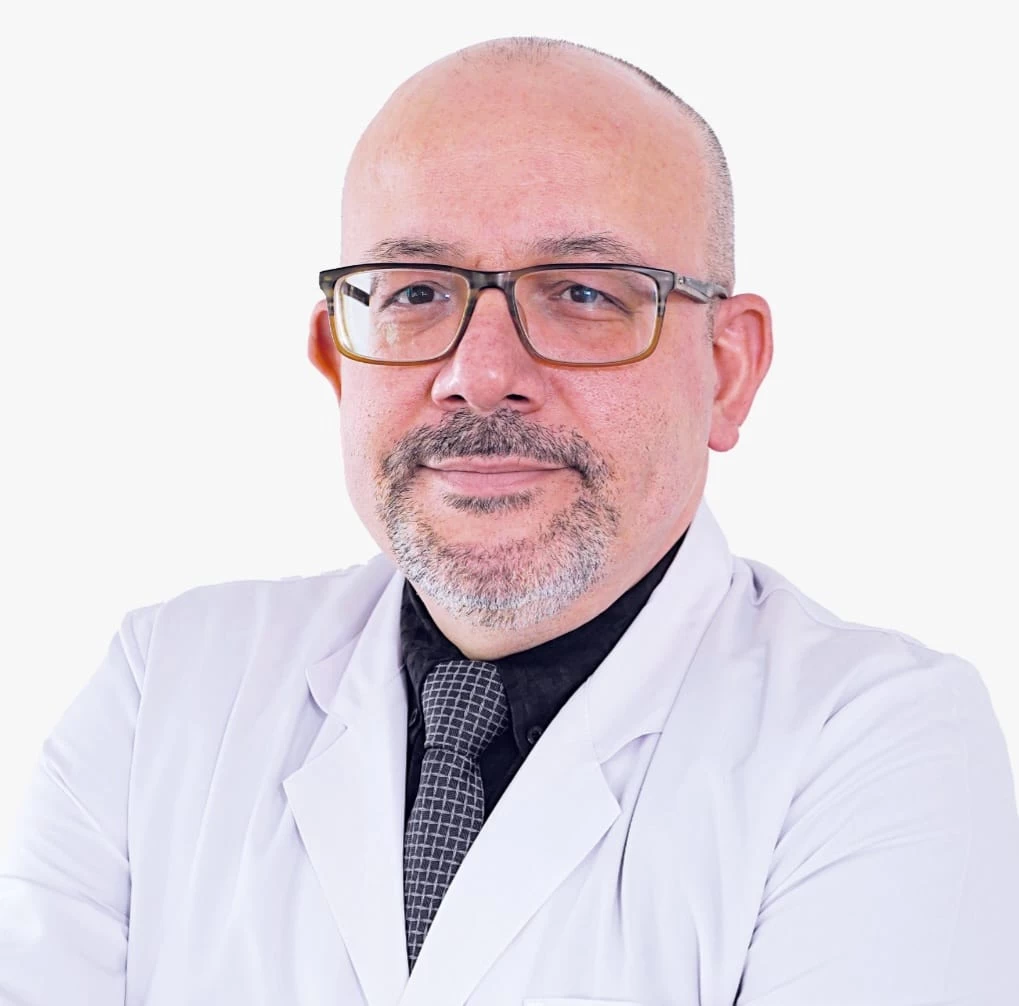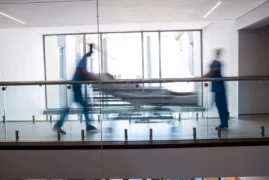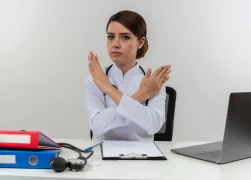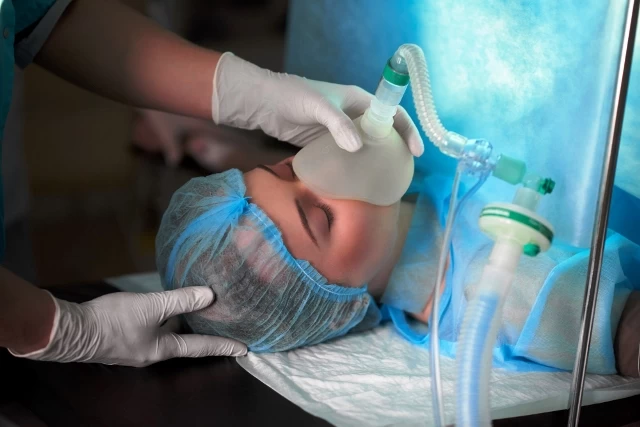
Unauthorized Practice in Sedation Applications
- Unauthorized Practice in Sedation Applications
Hello.
As the Medical Malpractice Association, our goal is to provide guidance to our esteemed physician and healthcare professional friends regarding negative situations that have occurred or may occur in the field of healthcare.
Sedation and anesthesia procedures are used in various medical fields. Knowing the established limits of authority in this regard will prevent any legal issues from arising.
Our member, Specialist Dr. Hasan Yurday Çetin, has prepared an article to guide you, esteemed physicians and healthcare professionals.
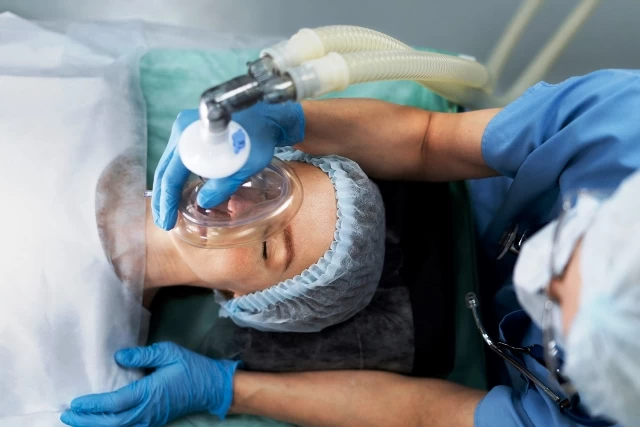
Unauthorized Practice in Sedation Applications
Anesthesia procedures are performed when needed in any part of the hospital or healthcare facility. One of the procedures carried out outside the operating room is sedation. In the medical practice, not only anesthesia specialists but also intensivists, emergency medicine specialists, and gastroenterologists are authorized to perform sedation. The clinical situations encountered during sedation can range from providing mild relaxation to progressing unintentionally to the stage of general anesthesia. Therefore, the physician administering sedation must possess the expertise to provide advanced life support. Otherwise, if severe respiratory distress occurs or if the patient's breathing stops entirely, it will not be possible to keep the patient alive.
Various agents can be used for sedation. The choice of sedation medication may vary depending on the patient's physical and medical condition, the procedure to be performed, and the habits of the person administering the sedation. Particularly in gastrointestinal endoscopic examinations, benzodiazepines, ketamine, and various opioids (especially pethidine) are frequently used for sedation by gastroenterologists. In endoscopy clinics, we witness the use of antidotes for these drugs to reverse the effects of benzodiazepines and opioids and to expedite patient discharge. However, what is often overlooked is that these antidotes have half-lives shorter than those of the antagonized benzodiazepines and opioids. Without considering these characteristics, catastrophic events can easily occur.
During endoscopic examinations, the preferred drugs for sedation when anesthesia and resuscitation specialists need to perform sedation are short-acting agents such as propofol and remifentanil. Since the half-lives of these drugs are short, patients recover from the drug's effects and reach discharge criteria more quickly. Therefore, we observe that the use of propofol, especially among endoscopists, is becoming more widespread. However, this hypnotic agent can cause severe circulatory and respiratory depression very easily and in a very short period, depending on the dose and patient characteristics. Unfortunately, there is no antidote for propofol. Without the means and experience to provide advanced life support, serious harm and/or death are inevitable when it is used.
The use of propofol by non-anesthetists is a subject of debate worldwide. While some countries allow it, the European Society of Anaesthesiologists opposes the use of propofol for sedation by clinical doctors other than intensivists and emergency medicine specialists. Another noteworthy point is that in Turkey, the package inserts of these drugs explicitly state that they should not be used outside the mentioned clinics.
According to Article 18 of the Turkish Medical Association's Code of Medical Ethics, "Except in situations where the delay could threaten the patient's life, the physician shall not engage in any intervention requiring special knowledge and skills." As per the Disciplinary Regulations of the Turkish Medical Association, the act of "causing harm to the patient by engaging in interventions requiring special knowledge and skills, except in emergencies" is a disciplinary offense that requires sanctions.
In light of all this information, when an opposite behavior occurs, its legal counterpart in healthcare is expressed as "unauthorized practice." Consequently, administrative and criminal lawsuits will be faced when harm to the patient or death occurs. It is not sufficient for medical procedures to be medically appropriate; they must also be legally compliant.
Spc. Dr. Hasan Yurday Çetin
Medical Malpractice Association
